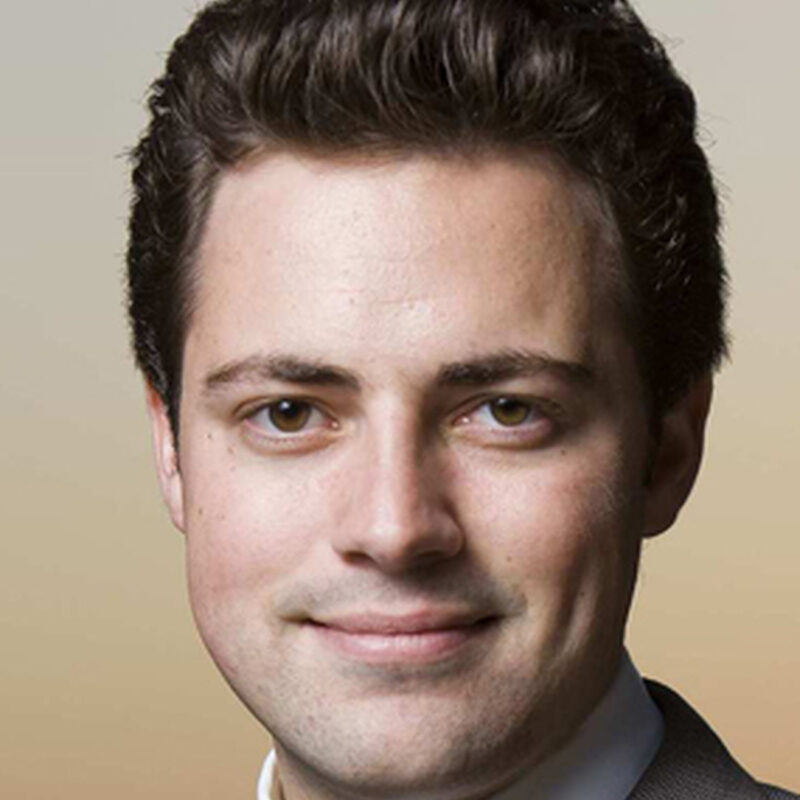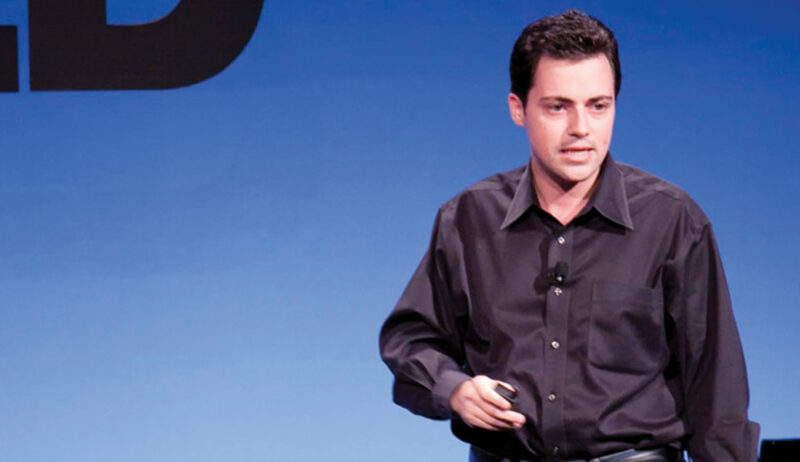Dr. Philip Steven Low did his PhD at the Salk Institute, which he joined on the recommendation of the late Francis Crick, Nobel Laureate of DNA fame, after completing his undergraduate degree at University of Chicago where he studied Mathematics, Neuroscience, and Physics and invented novel neurosurgical techniques undermining the role Neuroscientists have attributed to the Neocortex. At Harvard Medical School, Dr. Low showed that compound H, a collagen Type I Inhibitor, could successfully neutralize the growth of fibroid tumors. At the Salk, Dr. Low invented the SPEARS algorithm and authored one of the shortest PhD thesis on record: ‘A New Way To Look At Sleep: Separation & Convergence,’ a one-page solution to a longstanding problem in brainwave analysis. The experimental and computational methods Dr. Low has developed challenge our understanding of brainwaves during sleeping and awake states in humans and across species. His work has been featured in technical and popular articles including The MIT Technology Review, The New Scientist, The Economist, The New York Times, etc. and has garnered awards from the National Science Foundation, Merck Co., The Ray Thomas Edwards and Kavli Foundations for Innovative Research, as well as five awards from the Sloan and Swartz Foundations, and an extraordinary ability recognition in the field of brain signal detection from the United States Government. To bring his innovations to the market, Dr. Low founded NeuroVigil, Inc., an award-winning Wireless Neurodiagnostics company comprising several Nobel laureates and founders of Fortune 500 companies. The company, which develops the iBrain, an iPod for the brain, and assists three of the world’s top 10 pharmaceutical companies with outpatient drug evaluations, won the 2008 annual Draper Fisher Jurvetson 250K Venture Challenge, the UCSD50K Entrepreneurship Competition and delivered the IN3 MedTech Investment in Medicine Summit Keynote Address back-to-back. Dr. Low also holds faculty appointments at the Stanford School of Medicine and the MIT Media Lab and chairs the Scientific Committee for the 2010 World Congress on Alzheimer’s Disease in Monaco.
Philip Low

